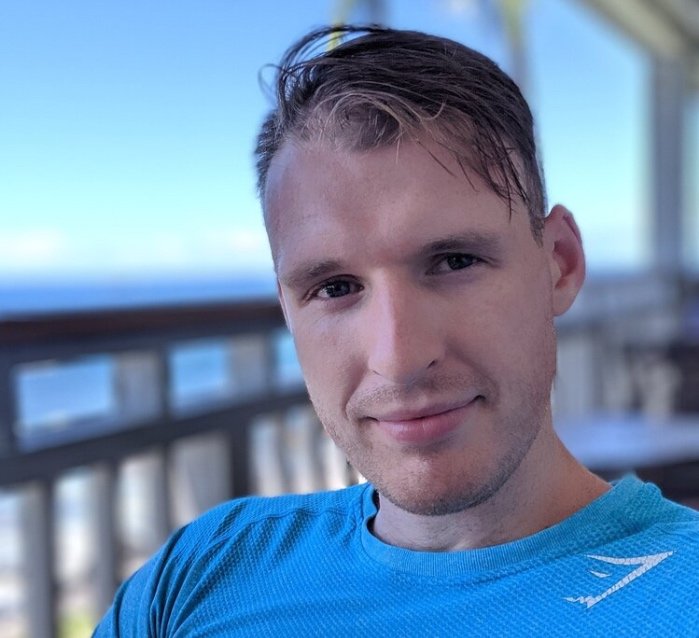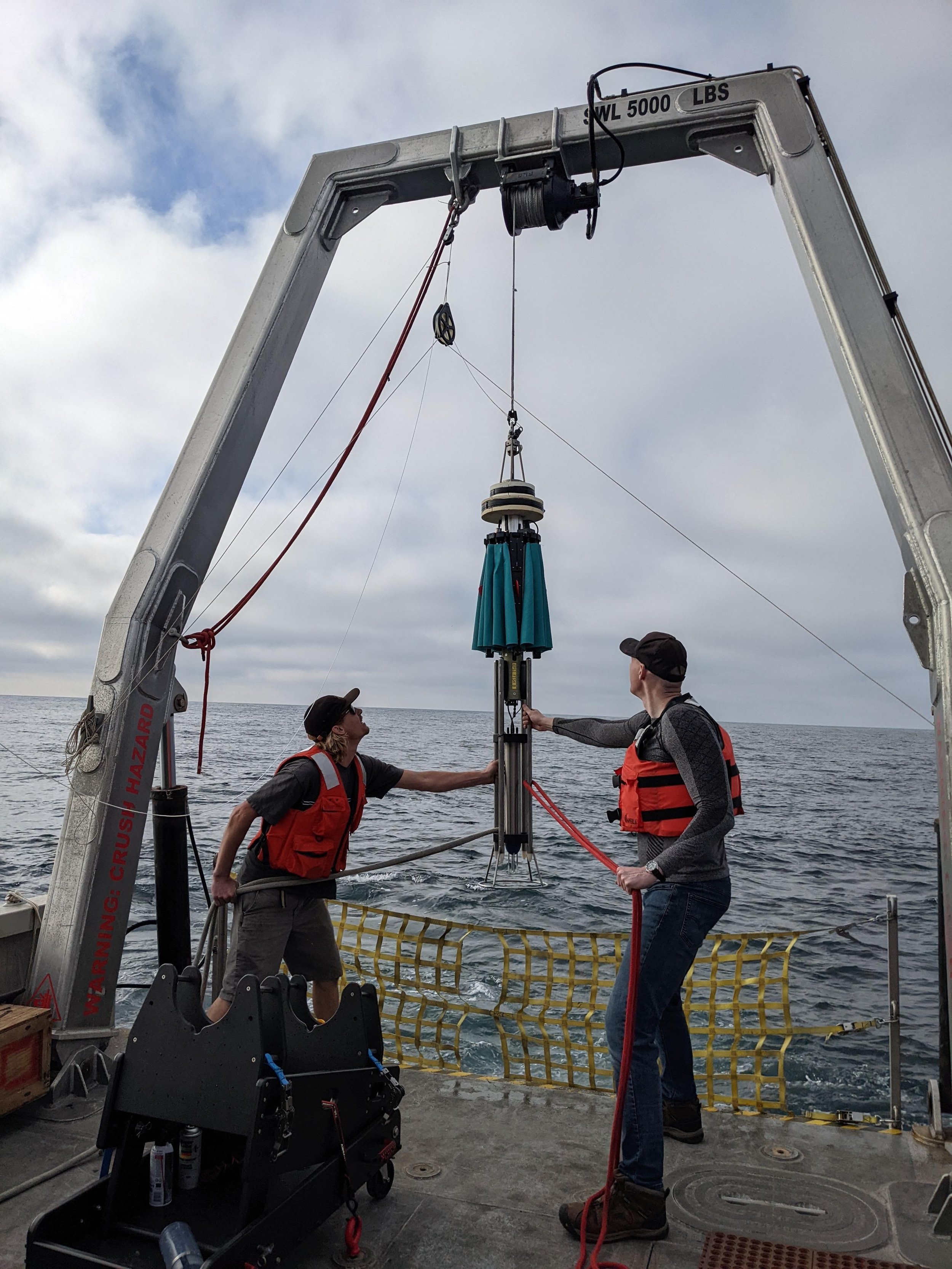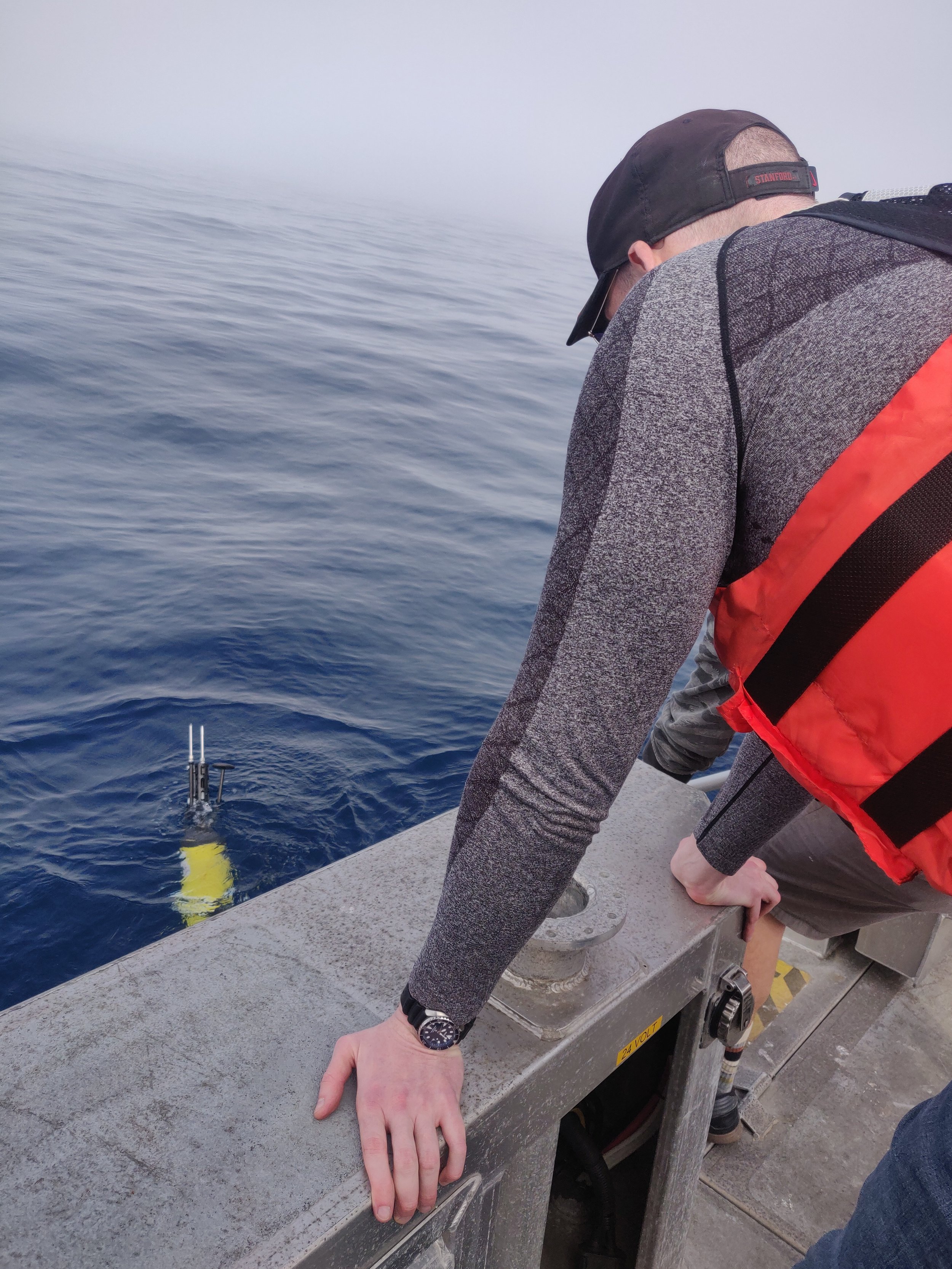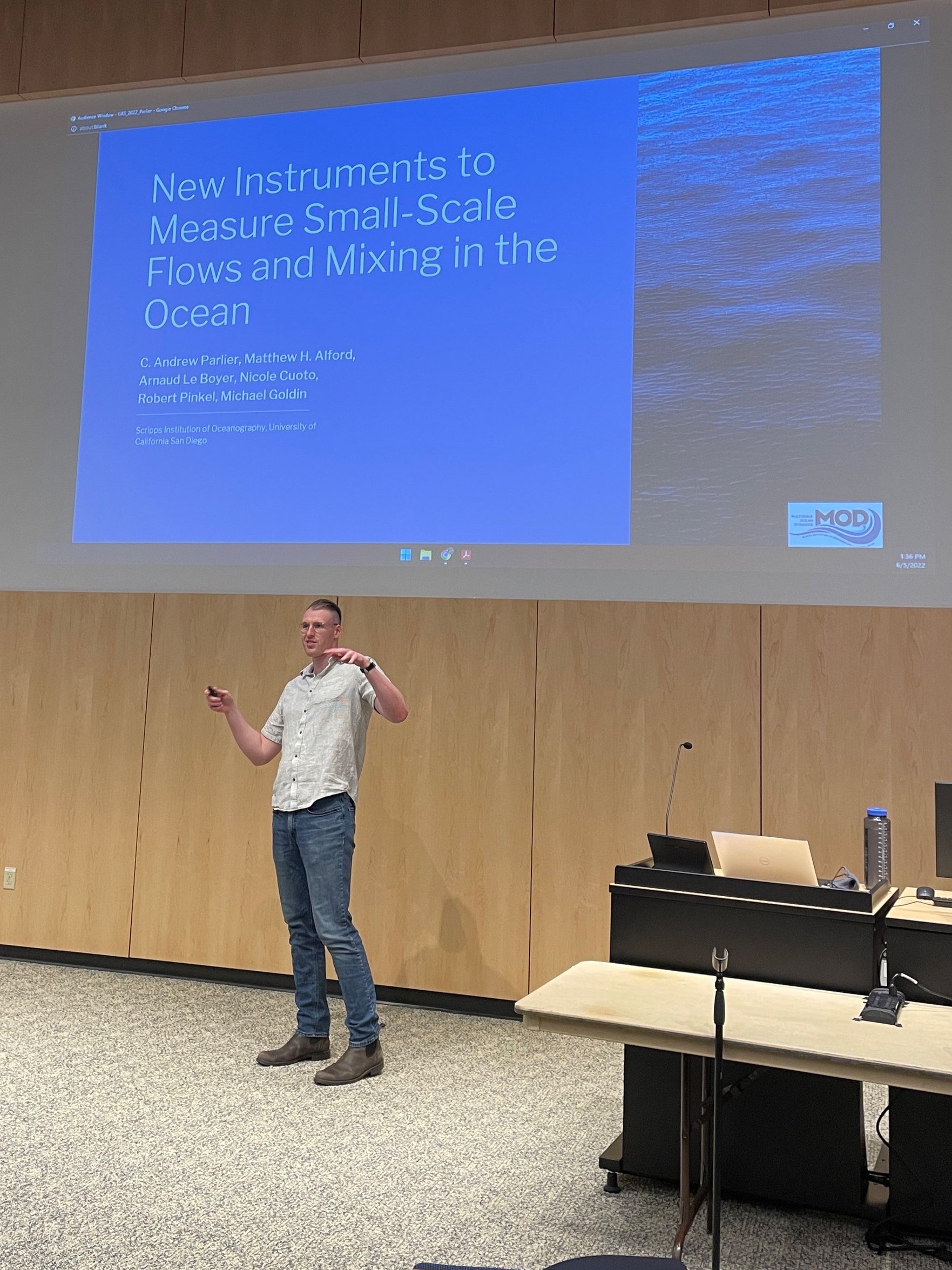What is your background and what are you studying / working on now?
I’m born in San Fransisco but grew up in Boulder, Colorado, and I think I’ve always been very interested in what happens at the intersection of humans, technology and nature. I wanted to better understand how that interaction between humans and nature works and then build things for humans to do that better.
I did both my undergrad and then my masters in mechanical engineering pursuing the skills to do that at Stanford. After I finished I wanted to work with something making a positive change. Driven by my awareness of climate change and particular skillset I ended up in the energy sector and I worked in startups and tech for a while, mostly related to energy tech and clean tech.
It was fun but eventually I started to get a little burnt out and feeling like I didn’t have the impact I wanted. Thinking about the things I loved in my life and how I could have a more direct impact on climate change research I ended up deciding that oceanography was probably the best way. But I also decided that I was only going to do it if I got to work on instrumentation development. The paucity of data in oceanography is frankly embarrassing. We can do better and I want to be part of doing better.
That is the reason I came down to Scripps, specifically to work with MOD, because it’s one of the few places in the world where you really get to develop new instruments. My current work is with Professor Matthew Alford developing new microstructure sensors that can measure really small scale flows in the ocean (turbulence).
Deploying the epsifish, a turbulence instrument
Testing new sensor packages
What keeps you excited and interested in working in the field of oceanography?
The potential for new data and to measure and see new things that we haven’t before. There is so much theory and there are so many ideas of what’s happening in the ocean, but we so often have to make extrapolations or we can’t observe it well. I believe we can do better and that’s what I want to work on.
When you were a kid, did you expect to be a scientist or engineer?
Yes, both my parents studied engineering and I was a classic engineering kid, I built a lot of Lego growing up.
Were there any particular things from your childhood that drew you to study the ocean or make gadgets?
Perhaps not so much in my childhood, but I did find myself during my undergrad in particular coming back to the ocean a lot, simply being fascinated with all the questions related to it. And you know, if they in Star Trek argue that space is the final frontier, for humanity the ocean is the final frontier. Though we’re working on exploring space, building telescopes and whatnot, there is still so little that we know about our own planet, and we’re also doing quite a poor job of observing it. I guess this kept coming up for me in undergrad, though I didn’t realize it until later, and now I find myself in oceanography.
What skills or abilities do you think are useful when applying to graduate school in oceanography or becoming a member of the engineering development team?
I’d have to say experience in different things. Basically finding unique combinations of things that you can do that other people can’t. That doesn’t mean that you have to go do things you don’t like, but I believe that most people who are drawn to oceanography are not drawn to it for the exact same reasons. People come to oceanography from a lot of different angles, so lean into your angle. For me it was coming from a mechanical engineering background and having worked in tech, but still having taken the classes to be able to talk about fluids and science and stuff. That background, in combination with my experience from industry and my approach to things, I think is my angle.
Andrew presenting at the 2022 Gordon Research Conference on Ocean Mixing
What does a typical work-day look like for you?
Great question. There is not necessarily a typical work day for me since instrumentation development require so many different things. On any given day I could be down at the machine shop actually making parts, I could be in the lab tinkering with things, I could be at my desk writing firmware for the microcontrollers that we use, or writing code for looking at our data, there are design reviews and meetings with people to discuss what we’re doing, there’s reading papers, teaching and mentoring (I mentor a few different engineering undergraduates). I also do a lot of legislative work taking meetings with people trying to have an impact.
With all that I would’t say there’s a typical day for me, and though I don’t do everything everyday I do a little bit of most of those things in a typical week. Also, I’m a graduate student, so there’s always writing involved at some point too.
What drew you to Scripps?
Well, there was basically two places where I felt I could work on what I wanted to do, and out of those two Scripps was a better fit. Plus the weather is not too bad, and my fiancé, now my wife, was living down here at the time so it just made sense.
Is there a particular scientist, engineer or other person that inspires you?
I think I’m less inspired by a particular person and more by the natural world. Especially human interaction with it. You know, every once in a while I look at the skies and there is some set of cool clouds up there that makes you just go “wow”. I don’t need to necessarily understand every little detail of how they work, but I can still look at it and think “this is pretty great”. The awe that the natural world can inspire, that sense of knowing that we can’t understand all of it, we can’t find an answer or unified theory to explain everything, or even if we do it’ll likely be beyond our lifetimes, that’s inspiring to me.
Do you have a fun fact that you'd like to share that not everyone knows about you?
Let me think… I do have a podcast that everybody should check out. It’s called “Prophiles” and it’s pretty great. Here’s a link.
Written by Kerstin Bergentz




